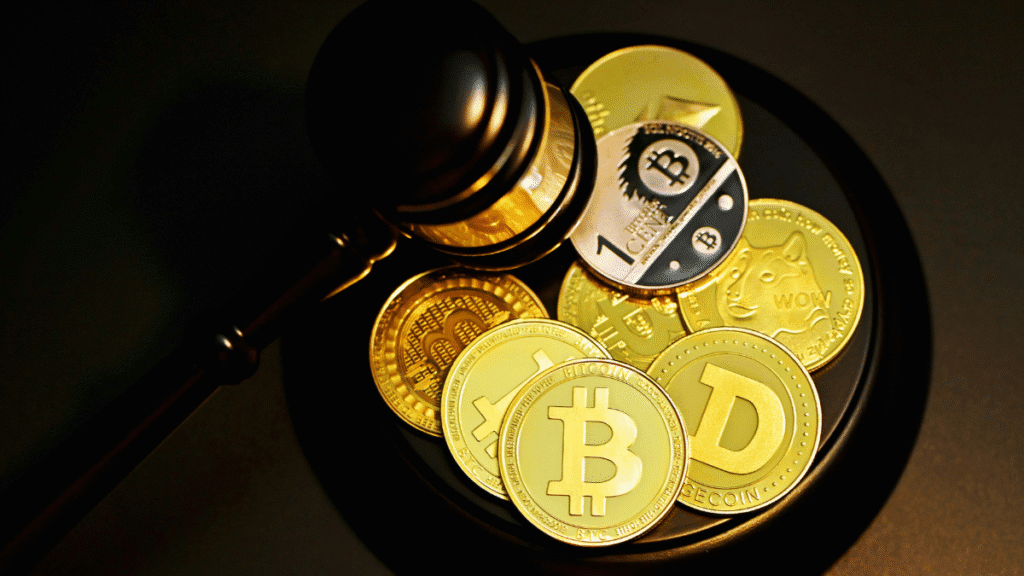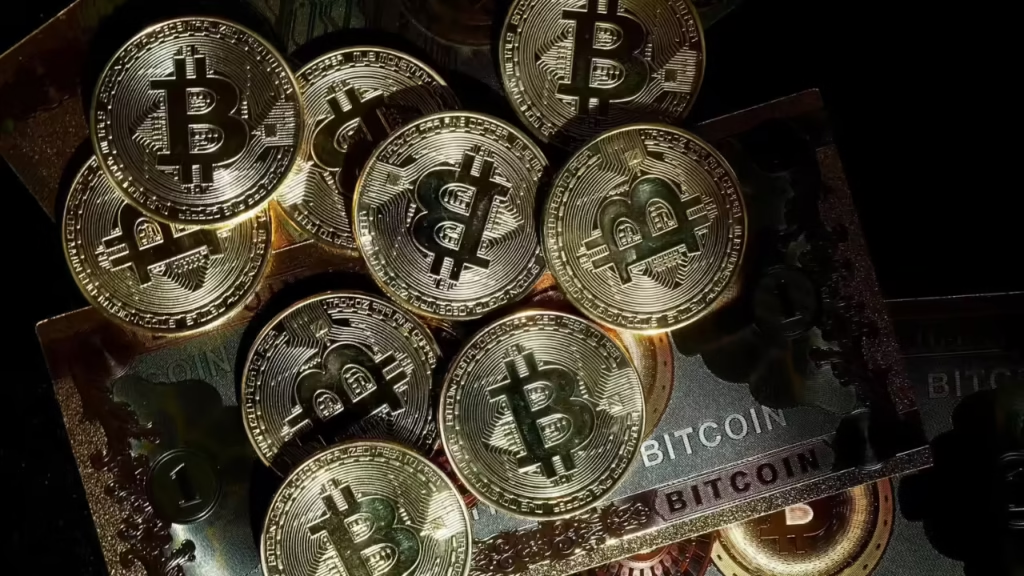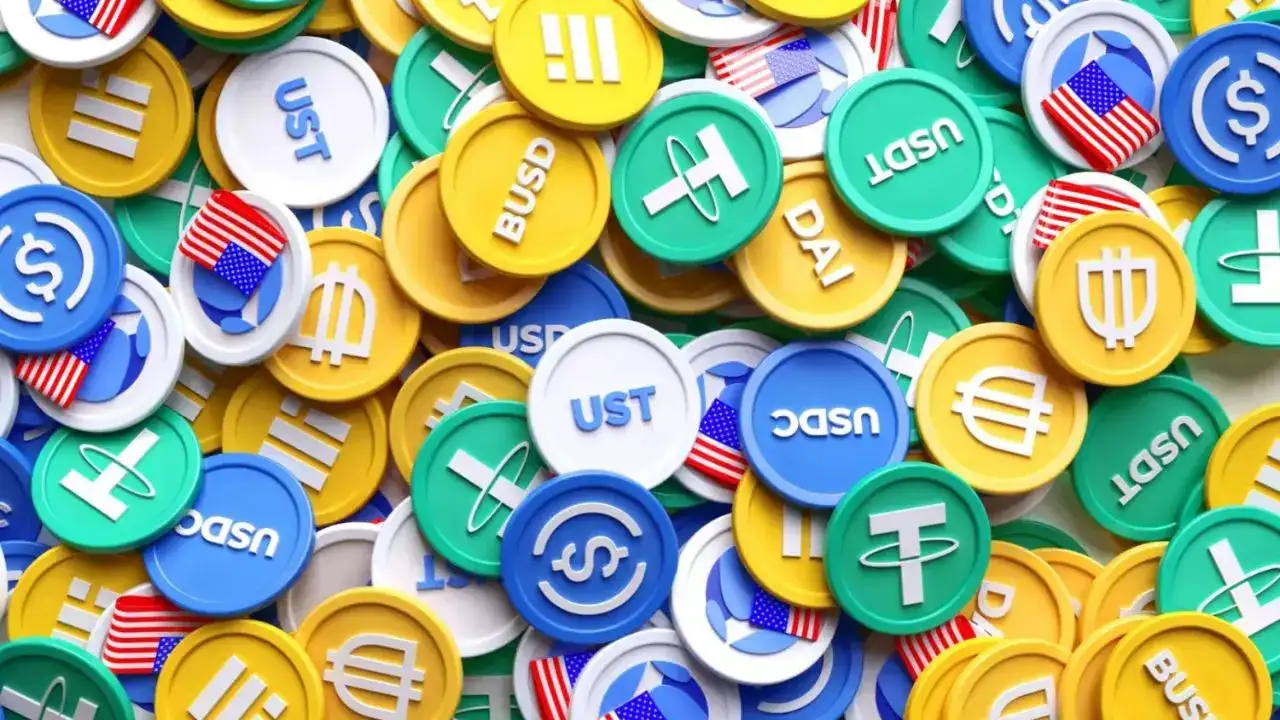Now Reading: Crypto Thefts Surge in 2025: What India’s CoinDCX Hack Means for Small-Town Investors
-
01
Crypto Thefts Surge in 2025: What India’s CoinDCX Hack Means for Small-Town Investors
Crypto Thefts Surge in 2025: What India’s CoinDCX Hack Means for Small-Town Investors

As cryptocurrency becomes more common in Indian households, especially in Tier 2 cities, so do the risks. A recent cyberattack on CoinDCX, one of India’s leading crypto exchanges, has reignited concerns about how safe digital assets really are. With billions already lost to hackers worldwide this year, the question is no longer whether crypto is the future—but whether that future is secure.
The CoinDCX Breach: What Happened
In early July, CoinDCX confirmed a major security breach that compromised user funds, reportedly worth several hundred crores. While the platform moved quickly to control damage and initiate recovery processes, the incident exposed a deep flaw in how even leading exchanges handle security.
For Indian investors—many of whom come from smaller cities like Nagpur, Indore, and Jaipur—this breach is a wake-up call. These users are often first-time crypto buyers who trust exchanges to manage their wallets and transactions securely.
The Global Pattern of Crypto Theft
The CoinDCX case is not isolated. Globally, 2025 has already seen over $2 billion stolen through cyberattacks targeting crypto platforms. These range from phishing scams to sophisticated hacks on wallets and bridges. Exchanges in Korea, Europe, and the US have faced similar issues.
The rise of decentralised finance (DeFi) platforms, which often skip traditional security audits, has added to the problem. Unlike banks, which have legal safeguards, crypto users are often left with little recourse if their funds disappear.
Why Indian Investors Need to Be Extra Cautious
The appeal of crypto is clear—high returns, 24/7 trading, and independence from banking bureaucracy. But in Tier 2 cities, where financial literacy around blockchain remains limited, users are more vulnerable to scams and hacks. Many rely on mobile apps without understanding how wallets, seed phrases, or cold storage work.
Most Indian exchanges offer basic KYC, but that doesn’t guarantee safety from cyber threats. If the exchange is hacked, your funds could vanish overnight.
How to Protect Your Crypto Assets
First, avoid keeping large sums on any exchange. Transfer them to a private wallet where only you control access. Learn the basics of two-factor authentication (2FA), seed phrase storage, and hardware wallets.
Second, beware of unsolicited offers on Telegram or WhatsApp promising guaranteed returns or early access to new tokens. These are often traps.
Lastly, don’t blindly trust influencers or viral trends pushing altcoins or new projects. Research thoroughly before investing even a rupee.
Conclusion:
The CoinDCX hack serves as a reality check for India’s growing crypto community. As more users from Tier 2 and Tier 3 cities explore digital assets, the focus must shift from just chasing returns to protecting what you own. In crypto, security isn’t optional—it’s survival.

























